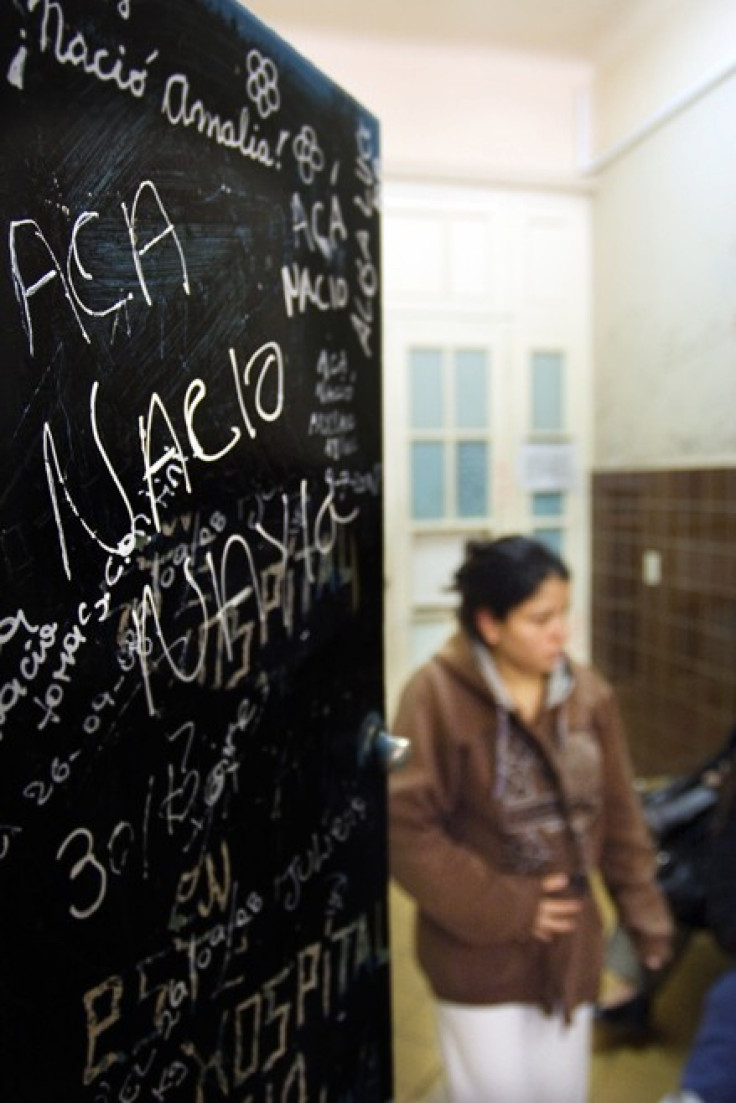Argentine Court Allows For Abortion In Cases Of Rape

The Supreme Court of Argentina has ruled for the allowance of abortion in the case of rape, while it still fell short of legalizing abortion in the overwhelmingly Catholic country.
Under the letter of the ruling, Argentine women will no longer be subject to prosecution in the event they seek an illegal abortion following a rape. The only circumstance under which termination of a pregnancy is permitted in Argentine is if the woman’s life and health are determined to be at risk, or if she is regarded as being “of feeble mind.”
Moreover, women who have been raped will no longer need a judicial order to receive an abortion.
The judges clarified that their decision did not necessarily reflect a desire to make all abortions legal -- that argument, they asserted, would have to be debated in the legislature.
The case arose when a 15-year-old girl in the southern Chubut province sought an abortion after she was raped by her stepfather. After a Superior Court in Chubut ruled in favor of terminating the pregnancy, the Supreme Court endorsed the measure.
Rulings by the Supreme Court cannot be appealed.
However, BBC reported that the length of time for the ruling to arrive outraged Argentine feminists and activists -- the young girl is already in her 20th week of pregnancy.
The Roman Catholic Church blasted the ruling, saying abortions are always wrong.
According to human rights activists, at least half a million illegal abortions are carried out in Argentina every year.
The Inter Press Service (IPS) news agency reported when a woman in Argentina arrives at a hospital seeking an abortion following a rape, she is often referred to the police for prosecution instead.
Abortion is a medical procedure. Doctors, not judges, should decide whether it needs to be done, Natalia Gherardi, a lawyer and head of the Latin American Group for Gender and Justice (ELA), told IPS.
IPS also reported that about 100 Argentine women die annually from unsafe abortions performed in unsanitary conditions.
In a report from Human Rights Watch in 2010, Jose Miguel Vivanco, HRW’s Americas director, stated: “Women need dependable care throughout their reproductive lives. But in Argentina, it's more like a lottery: you might be lucky enough to get decent care but you are more likely to be stuck with deficient -- or even abusive -- services.
© Copyright IBTimes 2024. All rights reserved.











